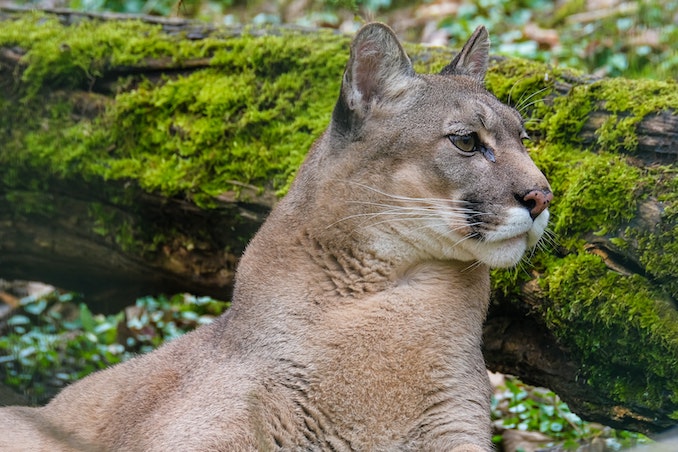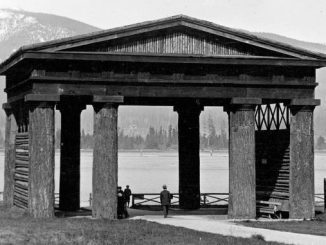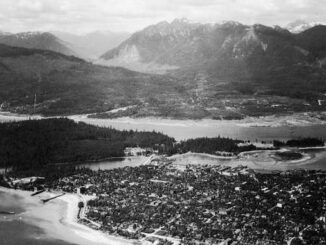As spring arrives and warmer temperatures drive more people outdoors on Vancouver Island, you might come across a familiar sign “cougar sighted in area.” What may come as a surprise is that Vancouver Island has the highest concentration of cougars in the world. With an estimated population ranging from 600 to 800, these cougars share territory over the island which only accounts for 3% of British Colombia’s landmass. Despite the large number of cougars, it is still extremely rare to catch a glimpse of these elusive cats in the wild. Unlike bears, they are unlikely to become socialized to people, and generally prefer areas that are isolated from human activity. The majority live on the northeastern part of the Island.

Cougars can be found from Canada to South America which is why they are known by many names including mountain lion, puma, and panther. They are incredibly fast, able to reach speeds up to 70km/hr and jump up to 40ft. Cougars are expert climbers known as ambush hunters, attacking from above or stalking their prey from behind. Historically, cougars could be found across Canada in the lower regions of Ontario, Quebec, and New Brunswick. Over-hunting and lost territory to human development has driven cougars west, now residing in only British Colombia and parts of Alberta. The US Fish and Wildlife Federation declared the eastern mountain lion extinct but many conservationists debate whether the eastern mountain lion is varied enough from those found in the west to be classified as its own subspecies. The Canadian Species at Risk Act declares there is not sufficient evidence to support the eastern mountain lion as its own subspecies. Yet Vancouver Island still proves a safe haven for these wild animals despite rising human development on the island.
Cougar populations are sustained by the abundance of black-tailed deer on the island which allows them to thrive. But they require territory that is up to 13 times that of a black bear, an area that is shrinking as we claim more wilderness for outdoor recreation, development, and forestry. Conservation efforts consider cougars an umbrella species, meaning they require protection of vast amounts of land which in turn protects various animals and ecosystems. While cougars are protected in eastern provinces, this is not the case in British Colombia where hunting of cougars is allowed on a quota basis, including on Vancouver Island.
Cougars are active at all times of the year, however, cougar sightings and human-cougar conflict tend to rise in the spring. This may be because more people are using the trails and parks during this time of year. The BC Conservation Office gets 2,500 calls on average regarding cougars, however many of these reported sightings turn out to be other animals. Research from the University of Victoria found that cougar sightings on Vancouver Island are more likely to occur at campsites located near freshwater or along hiking trails and logging roads which cougars use to navigate and patrol their territory. Spotting one in the wild is still extremely rare, and conflict between humans and cougars is even rarer. Over the past 100 years, only five fatalities have occurred, four of them being on Vancouver Island.
If you do encounter a cougar while you are exploring the Island, stay calm and leave the animal an avenue of escape. Do your best to look as big as possible, speak loudly and pick up any small pets or children. For additional safety tips on cougars, visit Vancouver Island’s Safety Guide. If you are lucky enough to see one of these beautiful creatures, remember how rare they are and how much they contribute to the uniqueness of the Vancouver Island experience. You can report cougar sightings by calling the Conservation Officer Service reporting line (1-877-952-7277).




